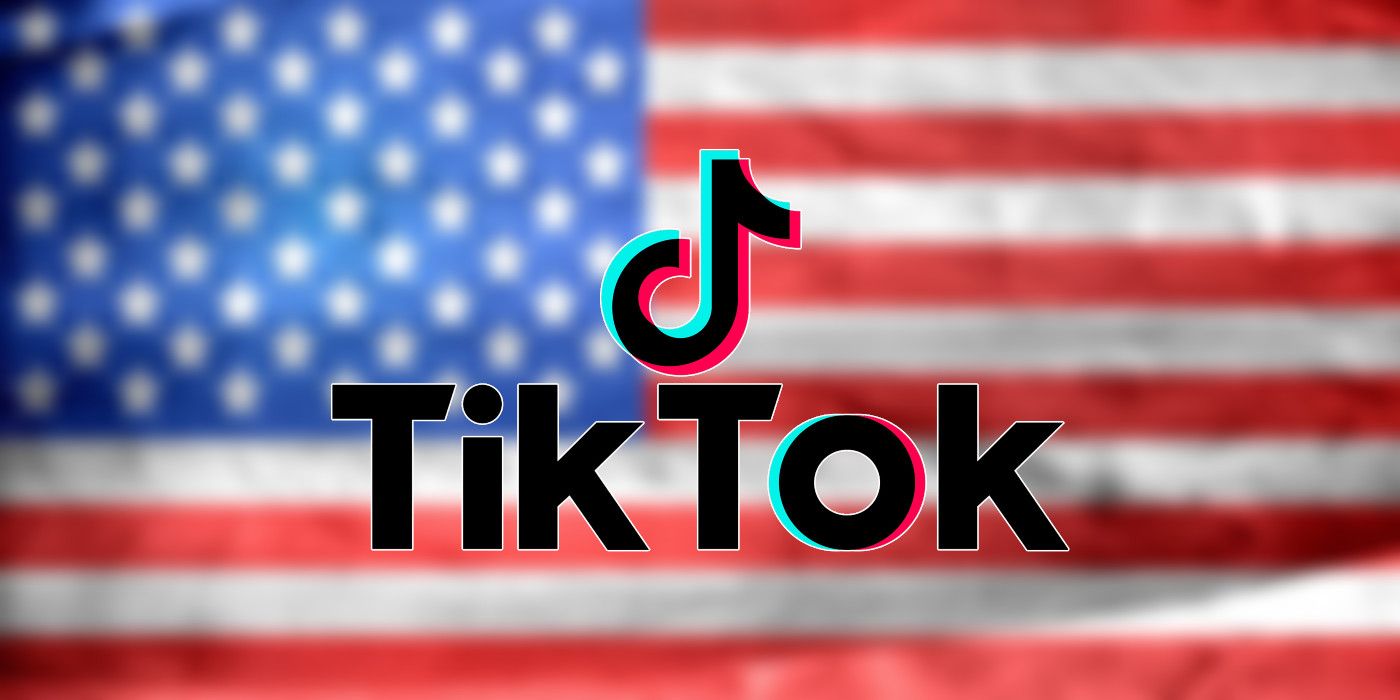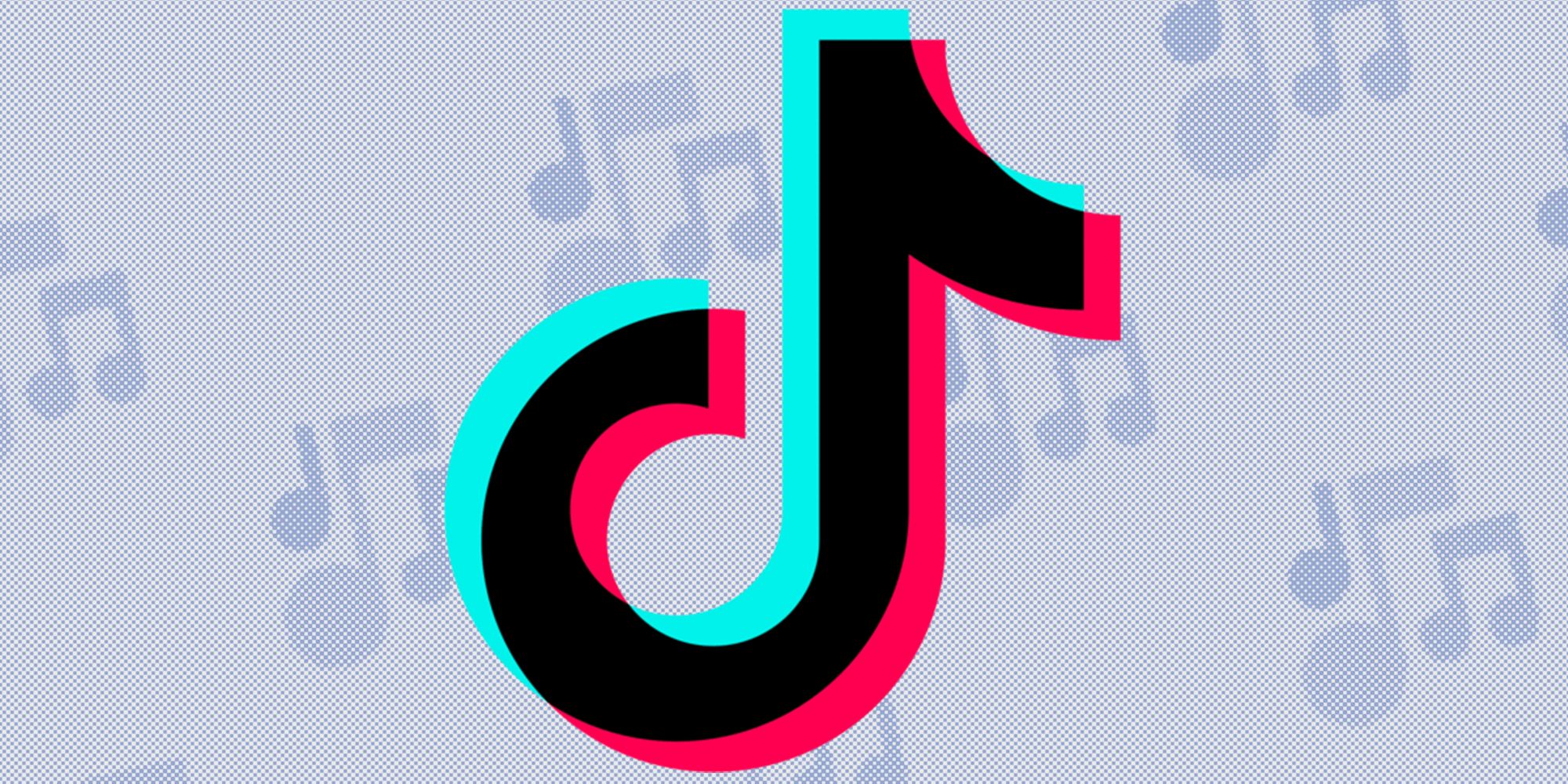The White House has given federal agencies 30 days to remove TikTok from all devices issued by the government, but is the app facing a blanket ban in the United States? A few months ago, the U.S. Congress passed a bill to ban TikTok on all government devices. The bill, which has since been signed into law by President Joe Biden, prohibits the use of TikTok by government employees on devices owned by any federal government agency. Several U.S. states, including Texas, Wisconsin, North Carolina, Ohio, New Jersey, Arkansas, South Dakota, and more, have also banned state employees from using TikTok on their government-issued devices.
In a guidance issued this week, Shalanda D. Young, director of the Office of Management and Budget, said that all executive agencies, along with people and organizations they are in business with, must delete TikTok or any other app developed by its parent company, ByteDance, from their government-issued devices within the next 30 days. The directive also mentions that all agencies that fall under the purview of the ban must also include in future contracts that the app cannot be used by the contractors on their devices. There are, however, some exceptions for law enforcement, national security, and research purposes.
TikTok Ban Isn't For The Public
First reported by Reuters, the directive seeks to enforce the bill that was passed last December, and is only meant for federal agencies and their contractors. That means the public is largely spared from the TikTok ban as of now, with the app remaining very much legal and available for download on both the App Store and the Play Store. However, some lawmakers are also planning to introduce legislation to impose a blanket ban on the app in the U.S., meaning it may not be available for download in the country in the future.
One such lawmaker is Senator Josh Hawley (R), who plans to introduce a bill to ban the app for good. In Jan. 2023, Hawley accused TikTok of being "China's backdoor into Americans' lives," and claimed that it threatens the privacy and mental health of American children. While Hawley said he wants to introduce legislation to ban TikTok nationwide, he is yet to say when he plans to introduce the bill. This isn't the first time the U.S. government has tried to ban TikTok nationwide, with former President Donald Trump attempting to do so and failing.
TikTok has often been at the center of controversies related to misinformation and dangerous trends that threaten the lives and well-being of its users, but the spate of bans by State and federal agencies has nothing to do with that. Instead, they are based on suspicion that the app could be used by the Chinese government to spy on U.S. citizens. TikTok, however, strongly denies all allegations of collusion with the Chinese government. TikTok has been banned in countries like India over similar concerns, so a future ban in the U.S. can't be ruled out entirely.
Source: White House, Reuters


